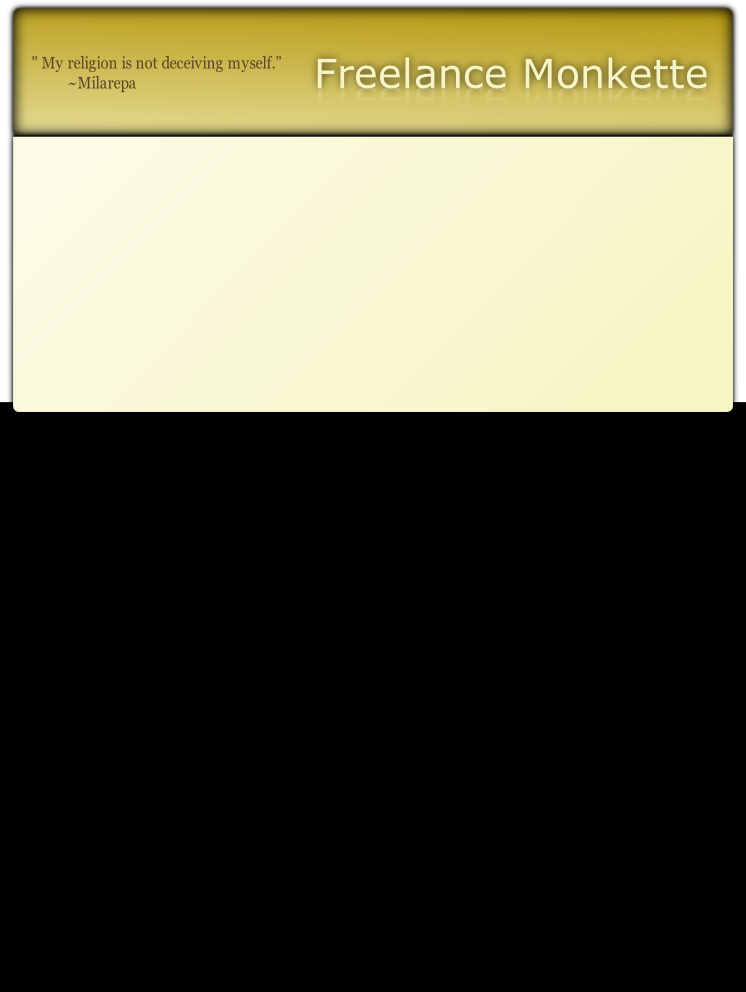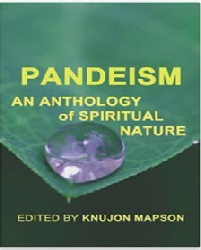The Argument From Design
“When you come to look into this argument from design, it is a most astonishing thing that people can believe that this world, with all the things that are in it, with all its defects, should be the best that omnipotence and omniscience has been able to produce in millions of years.”
~ Bertrand Russell, “Why I Am Not a Christian”
“As a fraction of the lifespan of the universe as measured from the beginning to the evaporation of the last black hole, life as we know it is only possible for one-thousandth of a billion billion billionth, billion billion billionth, billion billion billionth, of a percent (10^-84). And that's why, for me, the most astonishing wonder of the universe isn't a star or a planet or a galaxy. It isn't a thing at all. It's an instant in time. And that time is now. Humans have walked the earth for just the shortest fraction of that briefest of moments in deep time.”
~ Brian Cox, Wonders of the Universe – Destiny
"The universe we observe has precisely the properties we should expect if there is, at bottom, no design, no purpose, no evil, no good, nothing but blind, pitiless indifference."
~ Charles Darwin, The Descent of Man
“The more I learn about the universe, the less convinced I am that there's any sort of benevolent force that has anything to do with it, at all.”
~ Neil DeGrasse Tyson
“The Supreme Arrogance of Religious Thinking: ‘That a carbon-based bag of mostly water on a speck of iron-silicate dust around a boring dwarf star in a minor galaxy in an underpopulated local group of galaxies in an unfashionable suburb of a supercluster would look up at the sky and declare ‘it was all made so I could exist.’”
~ Peter Walker
Five quotes. You think I have an issue with the Argument From Design? I do. It, along with my slightly mistaken notion of natural law, shattered my belief in an always good God. As a child, the Argument from Design had appeal to me in moments of reverie gazing at the stars or losing myself in the ocean’s rhythm; but, not so much when I watched victims of natural disasters struggle on the nightly news or animals eat each other on Mutual of Omaha's Wild Kingdom. The Roman Catholic Church is quite fond of categorization: natural vs. revealed theology, venial vs. mortal sin, moral vs. natural evil. According to the Church, moral evil is caused by human activity while natural evil is caused by nature itself and is beyond human control [think: all those diseases and disasters about which I keep whining]. In short, the blame for moral sin falls on humans if you believe in free will and the blame for natural sin falls on God if you believe that God created nature or if you are a Pandeist who believes that God both created and is nature. If you don’t believe in free will, then the blame for moral sin would also fall on God unless you don’t believe in God either in which case please pass the wine.
The problem of natural evil demands this question: If God is only sometimes good and I am only sometimes good, then why should I worship God? Frankly, I would never have created a world plagued with disease, earthquakes, tornadoes, and floods. Should I be venerated? I think not. Should God be held to a higher standard than me? I think so. It is inconceivable to me that God could not have created a world without natural evil. Even if we do gain secondary benefits from suffering, do we really need so much of it to learn the lesson? A better creation with less suffering caused by indiscriminate natural disasters and disease certainly seems possible if designed by a good God.


